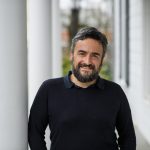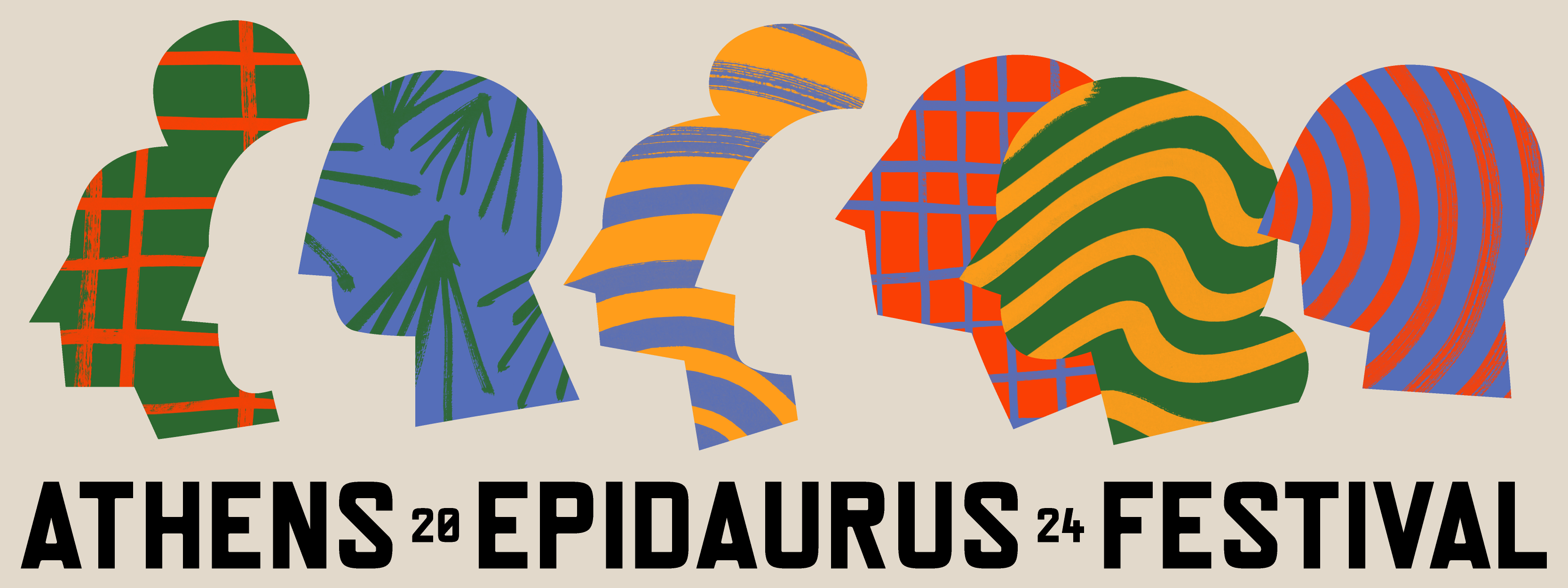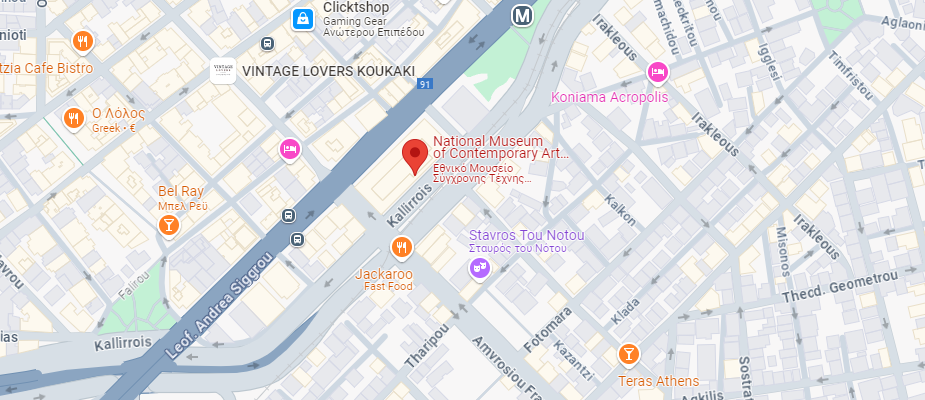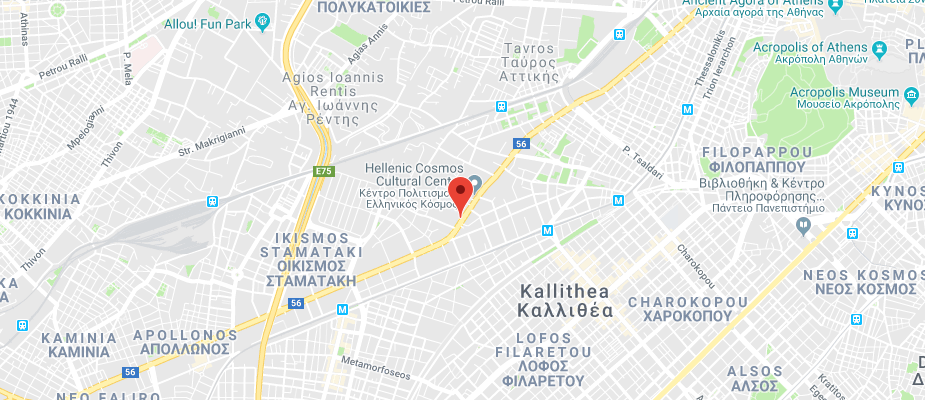Series of discussions
FUTURE PERFECT?
curated by Dimitris Papanikolaou

If our time feels so liminal, it is today not so much due to the uncertainty or fear about the speed in which change is happening, but because all changes seem to be predetermined and our involvement minimal. Most importantly, what ‘will have happened’ in the coming years appears, more and more, as a string of images we have already seen. What is presented as a ‘perfect’ future, in other words, is also a future already determined, with the main tense in which policy is dictated at a global level being that of the future perfect. In this year’s Festival we want to discuss how contemporary artistic practice and critical discourse in the sciences, the humanities, in social movements and civil society, react to this image of a perfect/determined future. We want to explore the pervasive feeling of bafflement, weirdness and unease and rethink ways of critical intervention and participation.
The four meetings of this cycle follow themes explored in diverse ways in the productions of this year’s festival. We will turn our attention to the world of the digital age, big data, algorithmic realism, and artificial intelligence; to our relationship with history and the archive, and to novel ways of engaging with historical research and assuming historical agency; to the challenges posed, but also faced, by identity movements, to the ‘politics of the body’ and the way life and death are being managed from the level of the individual to that of populations and communities. Finally, we will revisit the old question of ‘how to live together’ in its basic aspects: our relationship with the environment and the planet, the making of community and the built environment, our respect for acts of citizenship, our need for solidarity, our resistance to racism, exclusion, and bigotry. These four meetings do not conceal our bewilderment about the future. They attempt though to rethink the future not as an already settled field, but as an open and agonistic arena, and to underline our need to devise new forms of intervention.
Participants in the four roundtables include artists who feature in this year’s edition of the Festival, and speakers from across the spectrum of humanities, sciences, and the arts.
All discussions held in Greek.
10 June 19:00
National Museum of Contemporary Art
Participatory archives, shared histories: The grammar of democracy
‘The return to the archive’ has meant, in recent years, a very dynamic and democratic re-production of historical knowledge. History, in this understanding, all the more appears as the space of co-existence, shared pedagogies and citizenship. What are the challenges that this form of ‘participatory history’ brings with it? In an era of fake news and entrenched worldviews, what are, equally, the dangers?
Participants
Tzeni Argyriou, choreographer
Sebene Eshete, Political scientist and creator of the oral history project Our Stories
Illirida Musaraj, PhD Candidate at the Department of Sociology, University of Athens and coordinator of the Archive of Albanian Migration
Mario Banushi, Theatre director and performer
Nancy Papathanasiou, Clinical psychologist and scientific co-director Orlando LGBTQ+
Penelope Petsini, Historian of photography
Menelaos Charalambidis, Historian
28 June 19:00
National Museum of Contemporary Art
Common miracles: The poetics of AI
Are new technologies of communication, data processing, artificial intelligence and recording changing our world and how? What is our
response to new forms of surveillance, geolocalization and archiving? Do algorithmic environments create the sense of a ‘new real’? What is the response of cultural practitioners to this expansive ‘algorithmic realism’? The roundtable takes inspiration from a phrase by Greek poet Yannis Ritsos (‘common miracles’) and wonders how common and how miraculous this new world of big data, new networks and artificial intelligence is.
Participants
Despina Catapoti, Professor of cultural theory and digital media, University of the Aegean
Stefanos Levidis, Researcher and visual practitioner, National Hellenic Research Foundation and Forensic Architecture
Yolanda Markopoulou, Theatre/film director
Petros Petridis, Professor of social anthropology and digital pedagogy, Panteion University of Athens
Eleni Tsatsaroni, Science communicator and PhD candidate at the Department of Sociology, University of Athens; Researcher at the National Centre for Scientific Research Demokritos
Theodoros Chiotis, Literary scholar and poet, associate tutor, Oxford Brookes University
4 July 19:30
Peiraios 260, Hall B
Body, community, identity: The politics of care
Understanding, performing (but also disciplining) the human body has become today an intense field of political debate, identity expression and historical questioning. The roundtable will rethink the terms biopolitics and necropolitics in such a period of multilayered control over bodies and populations. It will consider the meaning that terms such as ‘intersectionality’, ‘care’ and ‘solidarity’ take in such a context.
Participants
Kassandra El Najjar, Actress
Nelli Kambouri, Political scientist, National Hellenic Research Foundation
Maria Louka, Documentarist and journalist
Soula Marinoudi, Social anthropologist and special education teacher
George Sampatakakis, Professor of theatre studies, Unviersity of Patras
Lina Chordaki, Postdoctoral research in the history of science, Princeton University
15 July 19:30
Peiraios 260, Hall B
How to live together: The art of co-existence
Starting from Roland Barthes’ widely influential thoughts on ‘how to live together’, this roundtable will return to this question’s basic elements. What does ‘together’ mean today (especially at a moment when this very word is being adopted by intolerant and extreme political platforms)? How can we think a future of co-existence, when algorithmic culture is at the same time preparing us for a world of weird solitude?
Participants
Alkisti Efthimiou, PhD candidate in anthropology and social studies, Panteion University of Athens
Ares Kalandides, Urbanist, Senior academic advisor, NYU Berlin
Iris Lykourioti, Professor of Architecture, University of Thessaly
Loukas Triantis, Professor of urban studies, University of Thessaloniki
Argyro Chioti, Theatre director
National Museum of Contemporary Art (EMST) | Athens
- 10/06/2024 at 19:00
- 28/06/2024 at 19:00
Peiraios 260 (B)
- 04/07/2024 at 19:30
- 15/07/2024 at 19:30
MEDIA KIT / PHOTOS
all venues



